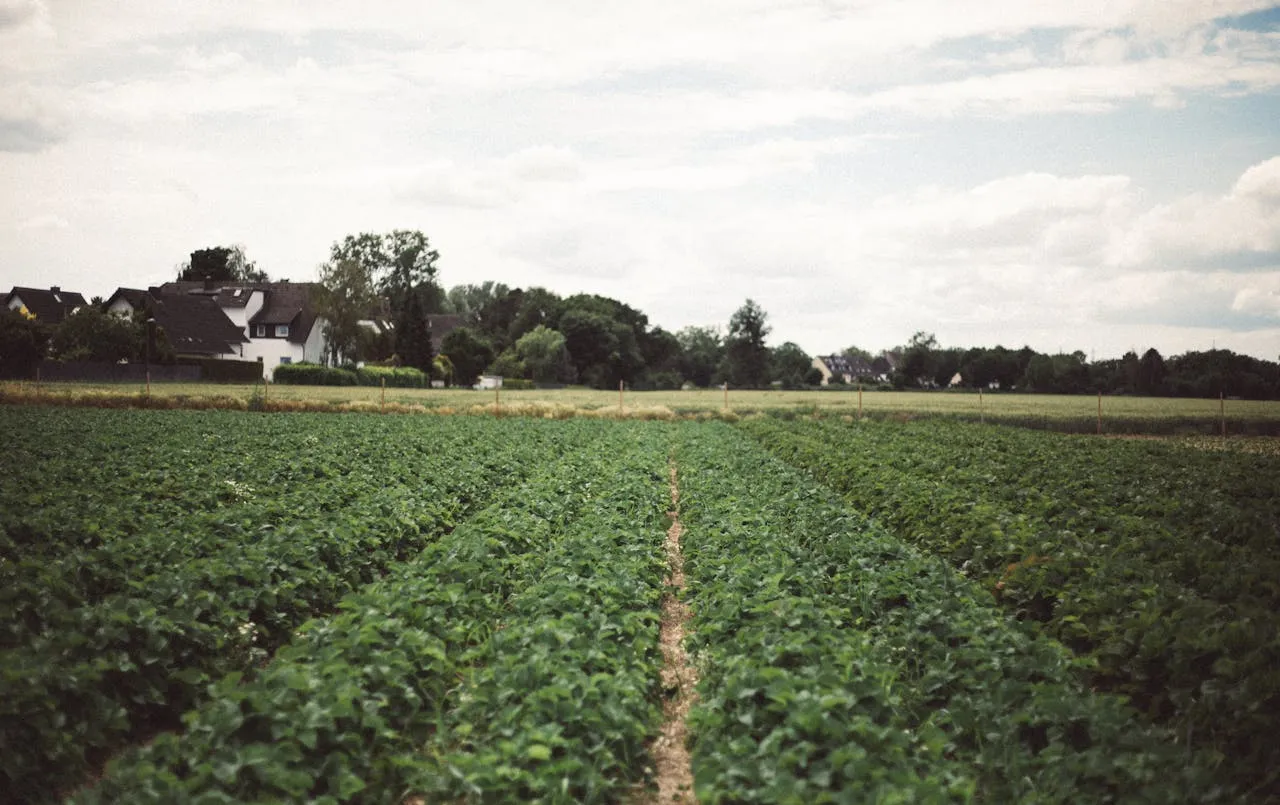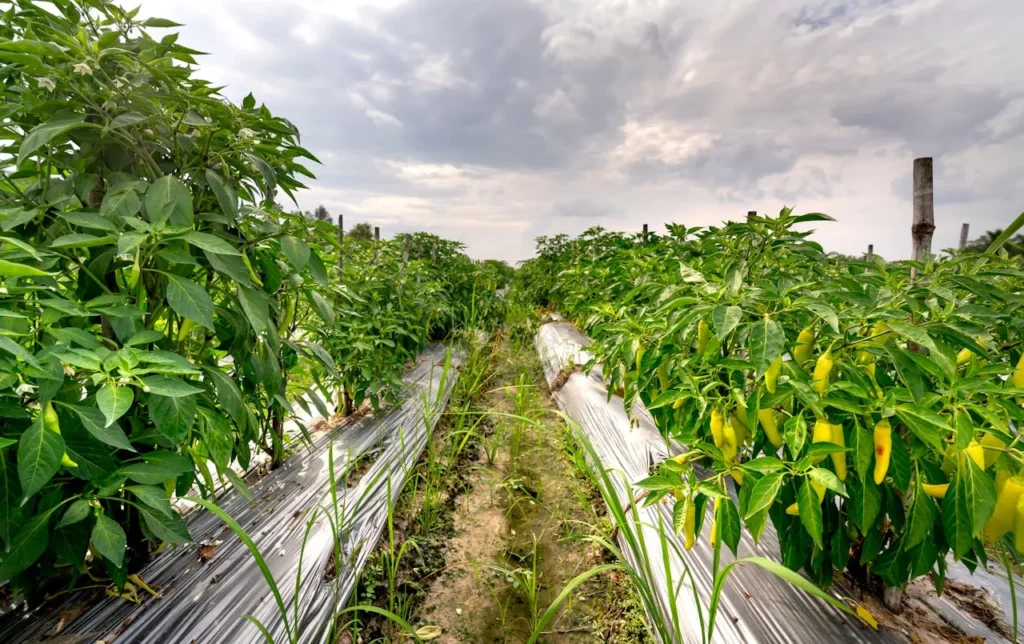
In a groundbreaking move to restore ecological health and boost the resilience of the U.S. food system, Whole Foods Market and Mad Agriculture have joined forces to launch a national biodiversity highway initiative. This innovative, large-scale project aims to connect fragmented habitats, rebuild native ecosystems, and regenerate working farmland in ways that protect soil, water, wildlife, and communities.
The initiative kicks off in and around the Lowery Creek Watershed in Wisconsin—an ecologically significant area where farms meet forests and streams. From this starting point, the program will create a continuous, climate-resilient corridor of native landscapes. By weaving together restored ecosystems across private farmland, wild lands, and watersheds, the initiative seeks to improve biodiversity, soil health, carbon storage, water filtration, and the land’s ability to withstand climate shocks like flooding, drought, and erosion.
A Vision for the Future of Farming
“The future of food depends on healthy, functioning ecosystems,” said Jason Buechel, CEO of Whole Foods Market. “Teaming up with Mad Agriculture represents a meaningful step forward in our commitment to supporting regenerative land management and ensuring long-term climate resilience in the food system. This is not just about farming—it’s about reshaping our relationship with the land.”
The biodiversity highway initiative directly addresses the growing ecological pressures on American farmland. Across the country, native biodiversity is vanishing, soils are being depleted, and landscapes are becoming less resilient in the face of extreme weather events. This project offers a model for reversing those trends through collaborative, science-backed land stewardship.
“By linking farms and natural areas into a connected corridor,” the companies said, “we can help reduce ecological fragmentation, support pollinators and wildlife, and create buffers against climate disruptions.”
Building Functioning Landscapes
Unlike many conservation efforts that focus solely on preservation, this initiative prioritizes active reconstruction of ecosystems in ways that complement food production. By restoring native grasses, planting perennial crops, and redesigning landscapes to mimic natural systems, the program aims to bring life and function back to degraded lands.
Perennial agriculture is a key feature of the initiative. Unlike annual crops, perennials stay in the ground year-round, protecting the soil from erosion and building organic matter over time. They also support diverse insect and animal populations, reduce the need for tillage and inputs, and help maintain long-term farm productivity.
“This initiative is laying the groundwork for a new kind of agriculture,” said Omar de Kok-Mercado, Director of Wilding at Mad Agriculture. “The biodiversity highway is a blueprint for the next era of American infrastructure—not just steel and concrete, but living systems. It operationalizes perennial agriculture at scale and reconnects economic resilience to ecological health. We’re not restoring the past—we’re engineering a more hopeful future.

Financing Regeneration
To catalyze widespread impact, Whole Foods Market has pledged up to $500,000 in matching funds, aiming to inspire at least $1 million in collective investment from food system stakeholders in 2025. These funds will support the design and implementation of biodiversity corridors spanning at least 1,000 acres across U.S. farmland.
Several prominent food and beverage companies have already stepped up as Founding Member organizations, including:
- Applegate
- Bob’s Red Mill
- The Campbell’s Company
- New Belgium Brewing
- OLIPOP
- UNFI and the UNFI Foundation
- west~bourne
- Yogi Tea
These partners will co-invest in on-the-ground ecosystem restoration efforts, providing both financial support and supply chain alignment to help scale regenerative agriculture. The goal is to create demonstration sites that show how biodiversity reconstruction can become a pillar of modern farming and food sourcing strategies.
Aligning with Whole Foods Market’s Broader Sustainability Goals
The biodiversity highway initiative is a cornerstone of Whole Foods Market’s expanding sustainability agenda, detailed in its newly released 2024 Impact Report. This comprehensive report tracks progress across the company’s core impact areas, offering a snapshot of how Whole Foods is working to improve outcomes for people, the planet, and the food system.
Highlights from the 2024 Impact Report include:
- Advancing Regenerative Agriculture: Whole Foods doubled its selection of certified regenerative products to 301, all verified by reputable third-party standards like Regenerative Organic Certified, Regenified, and Ecological Outcome Verified.
- Biodiversity Leadership: Recognized as the #1 U.S. retailer for pollinator protection by Friends of the Earth, Whole Foods expanded native prairie restoration and introduced pollinator-friendly sourcing requirements.
- Food Access & Community Giving: Donated over 34.6 million pounds of food, equivalent to nearly 29 million meals, to more than 1,000 hunger relief organizations across North America.
- Supply Chain Emissions Reduction: Partnered with key suppliers, especially in the shrimp and dairy sectors, to help reduce their carbon footprints and make supply chains more sustainable.
- Greener Retail Operations: Now operates 64 stores with solar installations, 235 stores using lower global-warming-potential refrigerants, and has 389 EV charging stations to support cleaner transportation and energy use.
- Whole Foods Market Foundation: Invested $14.2 million to support 1,239 organizations and schools in 39 countries, promoting food access, education, and local economic opportunity.
- Responsible Sourcing: Delivered $8.8 million in community and environmental premiums through its Sourced for Good program, supporting workers, families, and ecosystems globally.
“The 2024 Impact Report is a powerful reminder that the products on our shelves tell a deeper story,” said Caitlin Leibert, Vice President of Sustainability at Whole Foods Market. “They represent the lives of farmers and producers, the vitality of ecosystems, and the values we choose to uphold. Our work with Mad Agriculture is one of the most inspiring efforts in that story. It shows how collaborative action rooted in ecological principles can reshape the food system in profound and lasting ways.”
The full 2024 Impact Report is now available on a new dedicated microsite
Toward a Resilient Food Future
This partnership between Whole Foods Market and Mad Agriculture reflects a shared belief: that food and farming must not just sustain people but also restore the Earth. Through this initiative, the companies hope to inspire a growing movement within the food industry—one that sees ecosystem reconstruction and regenerative agriculture not as fringe strategies but as central to long-term resilience and prosperity.
With the biodiversity highway, a new blueprint for land stewardship is emerging. It is rooted in collaboration, powered by science, and guided by the idea that every acre restored, every pollinator protected, and every farm revitalized brings us closer to a food system that nourishes both people and planet.




